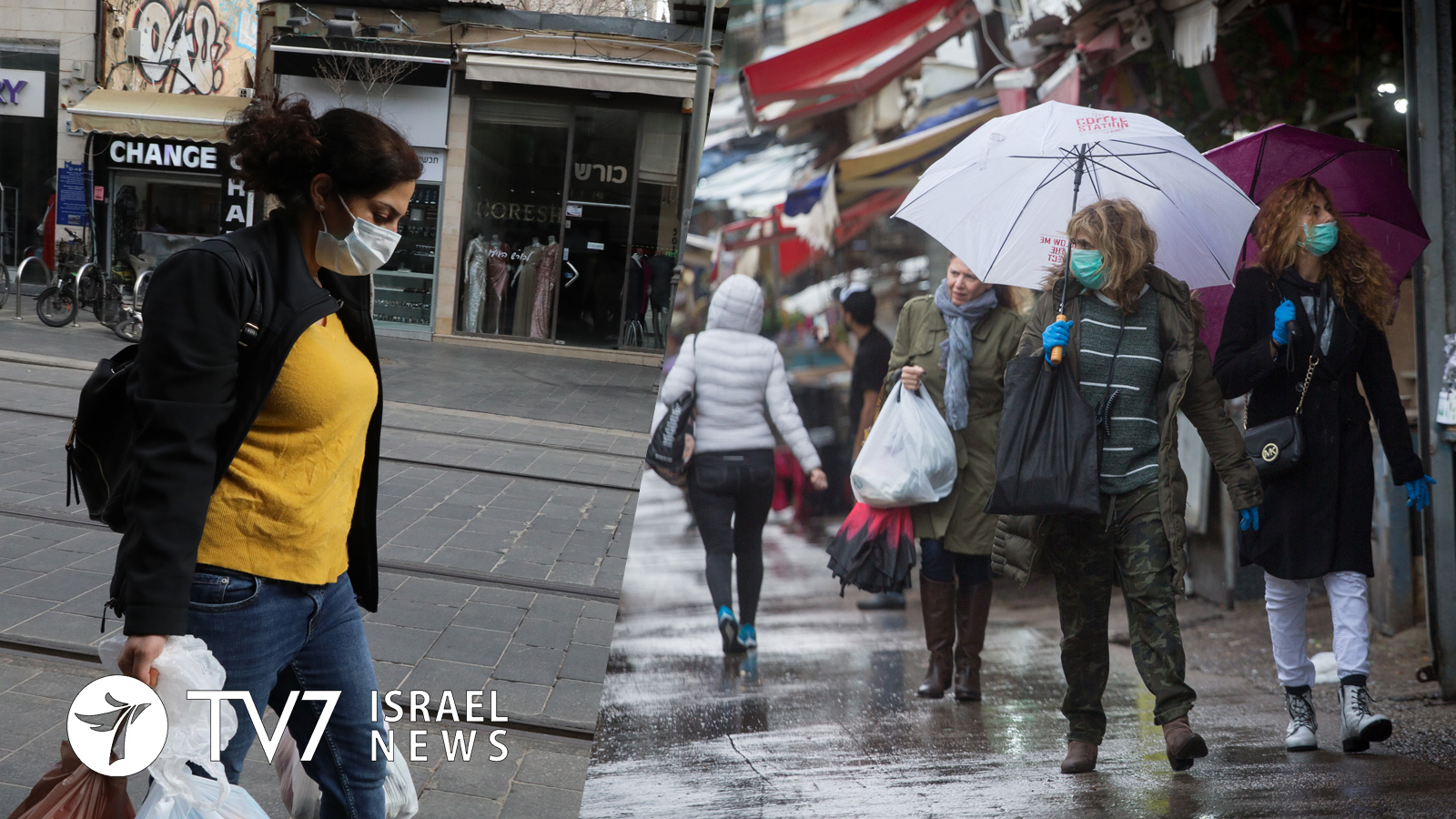The interim government in Jerusalem, under the leadership of Prime Minister Benjamin Netanyahu, continues to enact new and increasingly stricter measures to try a slow down the spread of the highly-contagious coronavirus.
The Ministry of Health reported that that 90 more patients have been tested positive for the disease, bringing number of confirmed cases 427 – marking Israel’s biggest one-day surge since the outbreak.
Netanyahu continues to emphasize the vital importance of adhering to government measures aimed at drastically altering the public’s social norms and personal conduct of each individual. The Israeli leader used his opening remarks at the daily press briefing from his Jerusalem office to warn of the potentially-detrimental consequences of failure of compliance by the general public.
“I am asking you to do one basic thing, citizens of Israel, without which all of our efforts will be for naught,” he said, adding, “We have seen what is happening in other countries that did not take these steps. Thousands around the world have already died. As Prime Minister, I must tell you the truth. To my joy, we have not yet lost anyone; however, this will not continue.”
As “a matter of life and death,” Netanyahu’s unveiled three new steps to reduce the number of deaths in the epidemic, the first of which is to “dramatically increase the ability to locate and quarantine those who have been infected.” Israel will also see a “dramatic” and “significant” in the number of tests to 3,000 and possibly as high as 5,000 a day. Preparation at hospitals is also being bolstered to “absorb” and “deal with difficult cases,” including additional protections for medical personnel and the acquisition of an additional thousand ventilators.
After listing the newly implemented measures, Netanyahu urged the Israeli public to “show discipline and responsibility,” which are vital for the nations success to defeat the disease.
None of these steps would be worthwhile, the Israeli leader stressed, without the exercise of individual discipline and responsibility, which he referred to as a fourth factor in combatting the disease. Calling on the public to limit all outings to only what is essential, he went on to allude to what eventually may be the imposition of a nationwide curfew if the current efforts are deemed insufficient. After calling on all those who do not need to travel to their workplaces to “not leave your homes and stay inside as much as possible,” he added, “At the moment, I say this as a recommendation, as a request. It is still not a directive, but that can change.”
“I assume that you are familiar with the English saying, ‘My home is my fortress,’” said the Israeli Premier, adding, “I ask that you adopt exactly this.”
Counter-terror methods including sophisticated tracking tools are now being utilized to help enforce government health decrees. After acknowledging, “Right, there is some breach of privacy here,” Defense Minister Naftali Bennett insisted, “We need to balance between the right for privacy, which in normal times is a sacred right, and life. In normal times as well as in times of emergency, civil rights are sacred. But we will sacrifice a certain level of civil rights in order save lives and to prevent a mass disaster.”
And while some social activists and democratic institutes condemned the invasion of public privacy irrespective of the current global predicament, the Israeli public expressed understanding. Hi-tech employee Dana Ben Zaken told Reuters that she has “no problem with the government using surveillance equipment to help fight this virus, I’m actually OK with it,” and that “If it’s going to help the government do its job in stopping this virus, then it’s good for me.” That sentiment was echoed by restaurant owner Niso Cohen, who commented, “They have to do anything they can to solve this situation, to control it, even if sometimes not so comfortable for us.”
